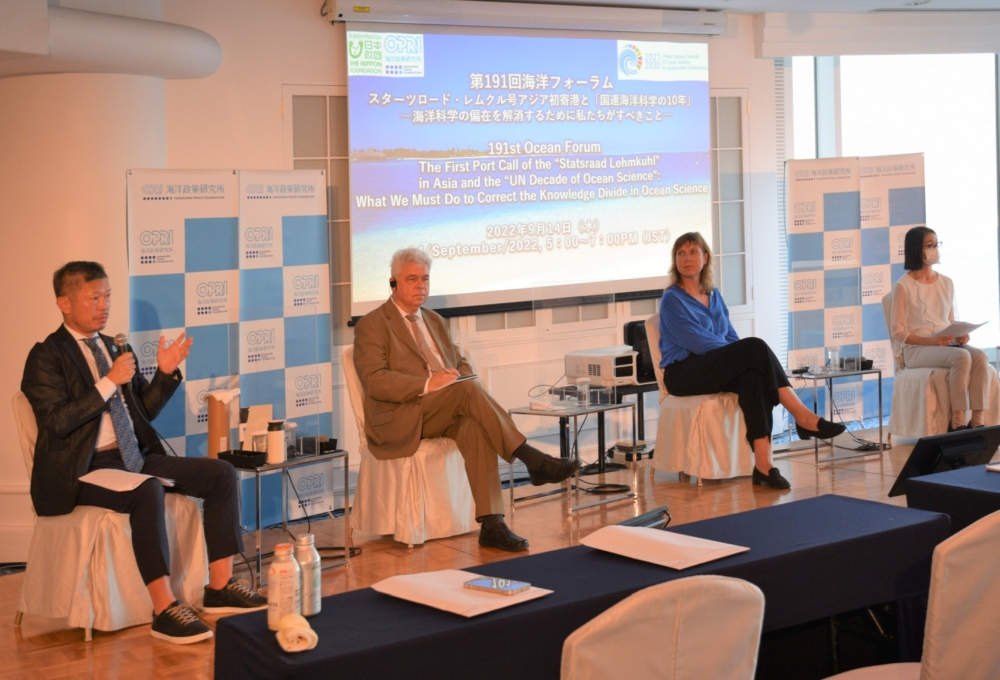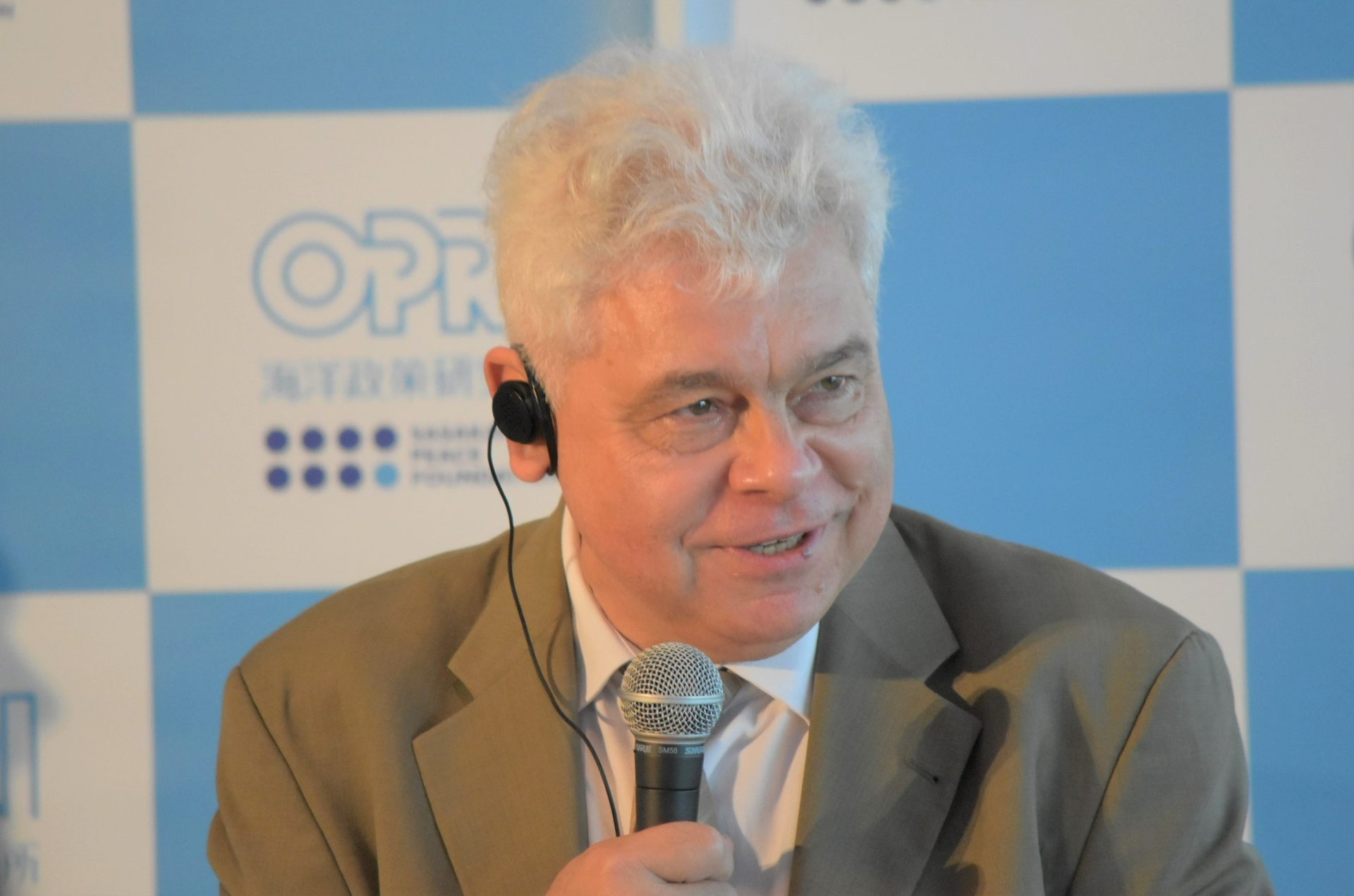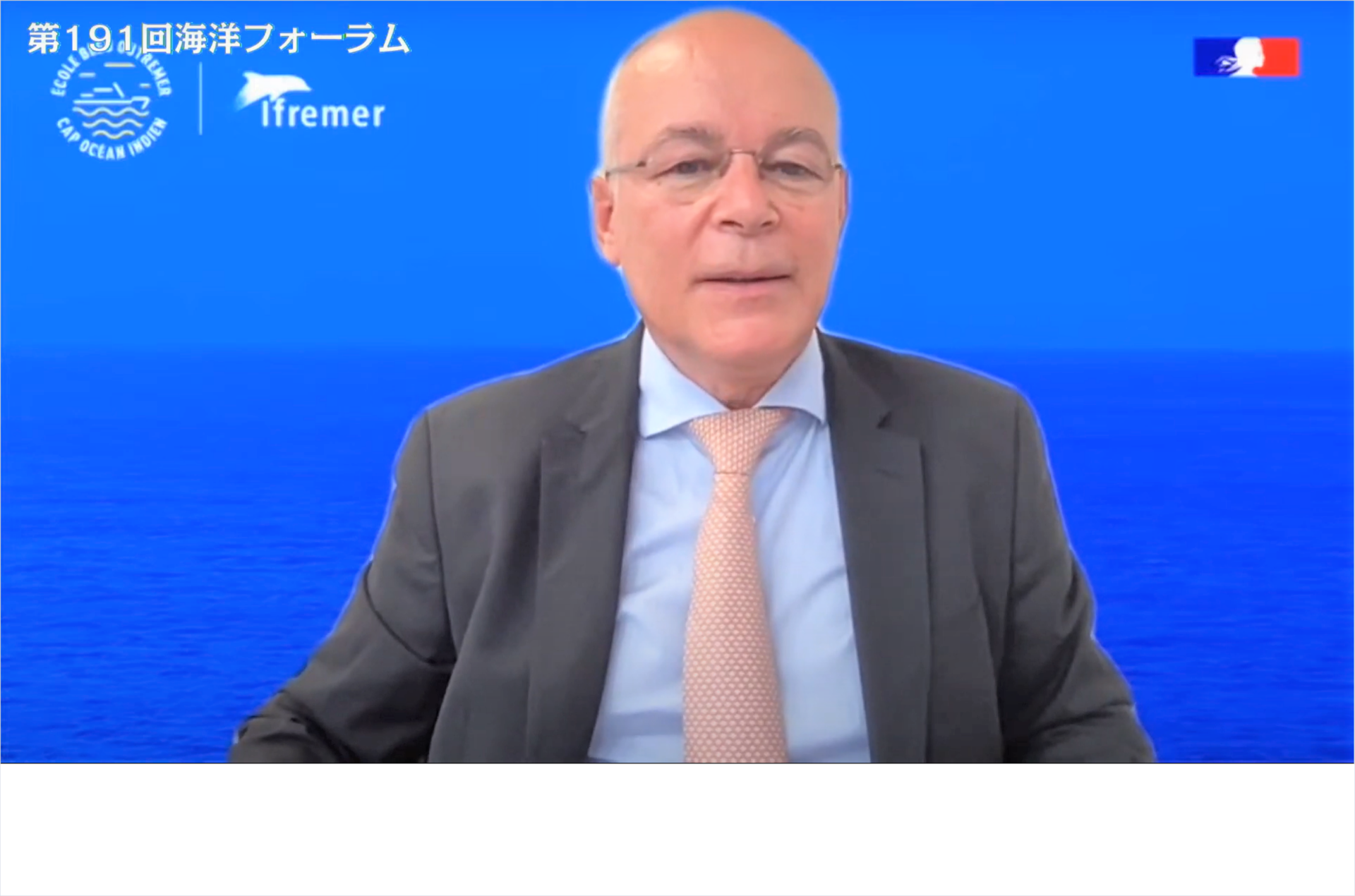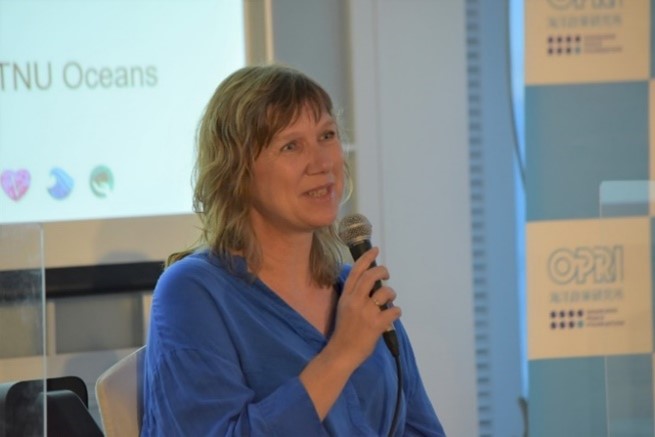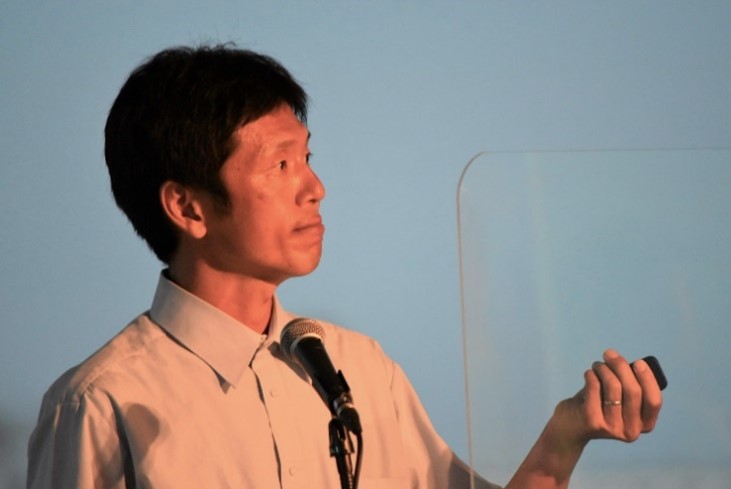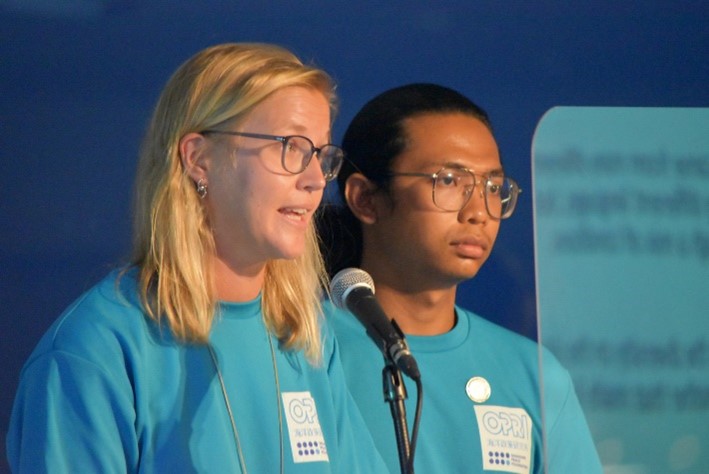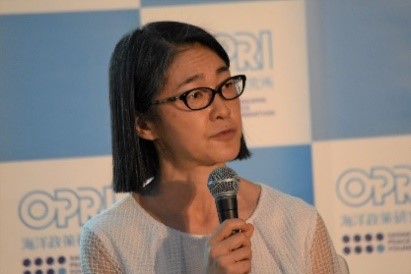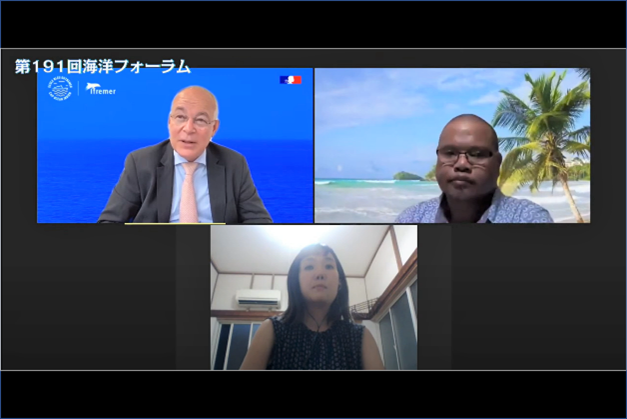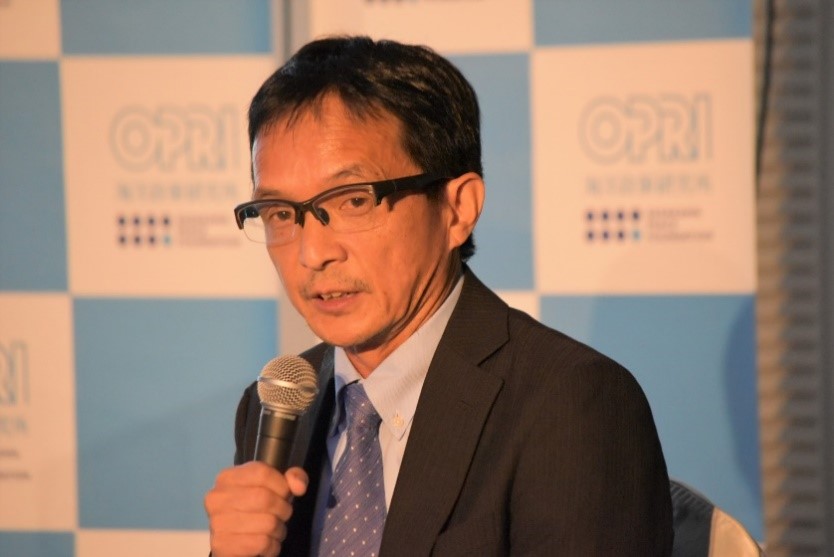On September 14, 2022, the Ocean Policy Research Institute of the Sasakawa Peace Foundation (OPRI-SPF) hosted an online event entitled “The First Port Call of the ‘Statsraad Lehmkuhl’ in Asia and the ‘UN Decade of Ocean Science’: What We Must Do to Correct the Knowledge Divide in Ocean Science” (the 191st Ocean Forum).
Statsraad Lehmkuhl, a Norwegian tall ship, landed at Yokohama on September 12, 2022. This was the first port of call in Asia on its “One Ocean Expedition,” a voyage around the world to study the effects of global climate change and ocean pollution. To commemorate this visit, OPRI invited guests including Dr. Vladimir Ryabinin, Executive Secretary of the Intergovernmental Oceanographic Commission of UNESCO (IOC-UNESCO), which advocates and promotes the United Nations Decade of Ocean Science for Sustainable Development (UN Decade of Ocean Science), and Dr. François Houllier, Président Directeur Général of Institut Français de Recherche pour l’Exploitation de la Mer (IFREMER), which leads France’s ocean science and policy, to discuss the current status of the UN Decade of Ocean Science and issues for the future.
*A related public event was held the day before the forum. Read the event article
here for details.
At the start of the discussion, OPRI President Hide Sakaguchi gave opening remarks and described the goal of the UN Decade of Ocean Science as “to explore all of the ocean, much of which remains unknown.” He also noted that “if we don’t know where, what, and how things are going on, we can’t do anything. Ten years seems to be very long, but in fact almost two years have passed. It is becoming increasingly important just how much we can achieve over the next eight.”
Next, the event featured addresses from Ambassador Extraordinary and Plenipotentiary of the Kingdom of Norway, H.E. Inga M. W. Nyhamar, and the Republic of Palau’s ambassador to Japan, H.E Peter Adelbai. Ambassador Nyhamar remarked on the significance of this visit by Statsraad Lehmkuhl, the first port of call in Asia on its voyage around the world. She also emphasized the importance of closing knowledge gaps in science and technology to achieve the goals of the UN Decade of Ocean Science. Ambassador Adelbai touched on the role played by both Norway and Palau as co-chairs of the High Level Panel for a Sustainable Ocean Economy, and expressed his hope that the Statsraad Lehmkuhl study and this event would contribute to the spread of knowledge on the ocean and its conservation.
